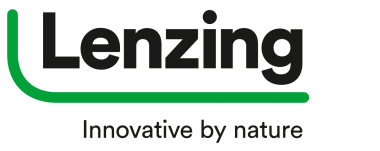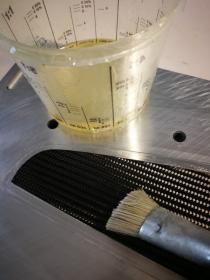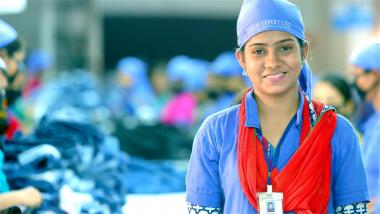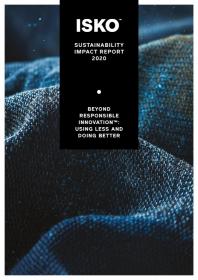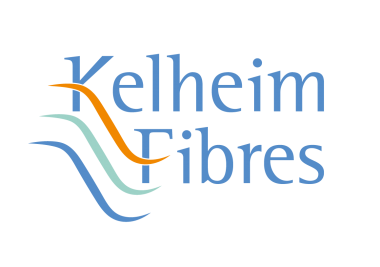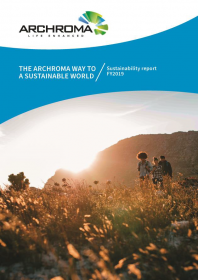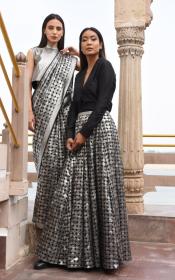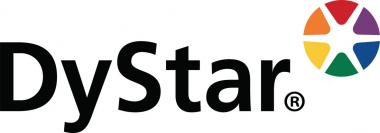Lenzing recognized as sustainability champion by renowned CDP
- Lenzing is the only first-time discloser recognized with prestigious double ‘A’ score for global climate and forests stewardship by CDP.
Lenzing – The Lenzing Group has been recognized by the global environmental non-profit CDP, securing a place on its prestigious ‘A List’ for tackling climate change, as well as acting to protect forests. Through significant demonstrable action in these areas, Lenzing is leading on corporate environmental ambition, action and transparency worldwide.
Please read the attached document for more information.
Lenzing Aktiengesellschaft


